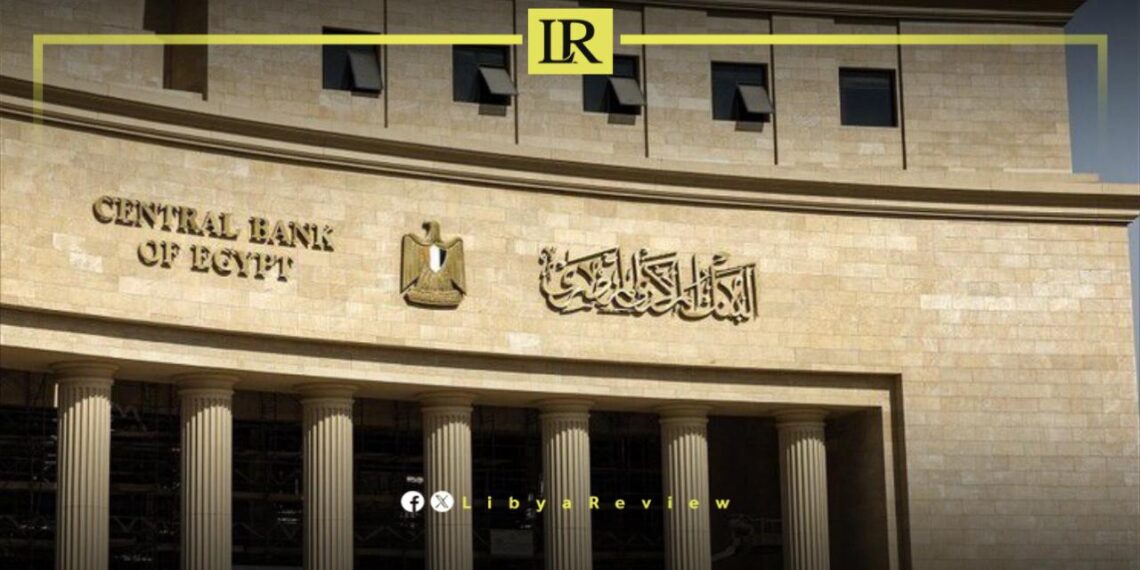The Libyan Investment Authority (LIA) is considering acquiring either full ownership or a significant stake in an Egyptian bank, sources told Egypt’s Al-Mal News.
The sources declined to disclose the name of the Egyptian bank. The Libyan Investment Authority is a government-managed sovereign wealth fund and holding company headquartered in Tripoli, Libya.
It is worth noting that the Libyan Foreign Bank, owned by the Libyan Central Bank, holds a 27% stake in the Egypt’s Suez Canal Bank.
There is fierce competition among several entities to acquire the United Bank of Egypt (UBE), owned by the Central Bank of Egypt (CBE).
Meanwhile, the Libyan Investment Authority did not publish any official statement about its intention to acquire an Egyptian bank.
The UBE is part of the Egyptian government’s plan to divest from the economy and sell its assets, including offering shares of state-owned companies on the stock exchange or selling stakes to strategic investors, or both.
In another context, Chairman of the Arab Cooperation Committee at the Egyptian Industries Federation, Mohamed El-Bahy, unveiled plans for a delegation of 120 Egyptian businessmen to visit Libya in May. This initiative aims to enhance Egyptian exports and explore new markets within Africa and the Arab region.
The visit, with a special focus on Misrata and Benghazi, seeks to strengthen the economic ties and historical relationship between Egypt and Libya.
El-Bahy announced the organization of two separate trips to accommodate the high interest from Egyptian industries and the establishment of an export insurance agency to secure trade transactions, especially in regions facing political challenges.
El-Bahy emphasised the historical ties between Egypt and Libya, He highlighted the focus on Misrata and Benghazi during the visit, reflecting Libya’s keen interest in cooperation with Egypt across various sectors.
Additionally, plans are underway for the establishment of an export insurance agency, especially for politically unstable countries. This agency aims to facilitate trade dealings, ensuring exporters receive their dues promptly.


